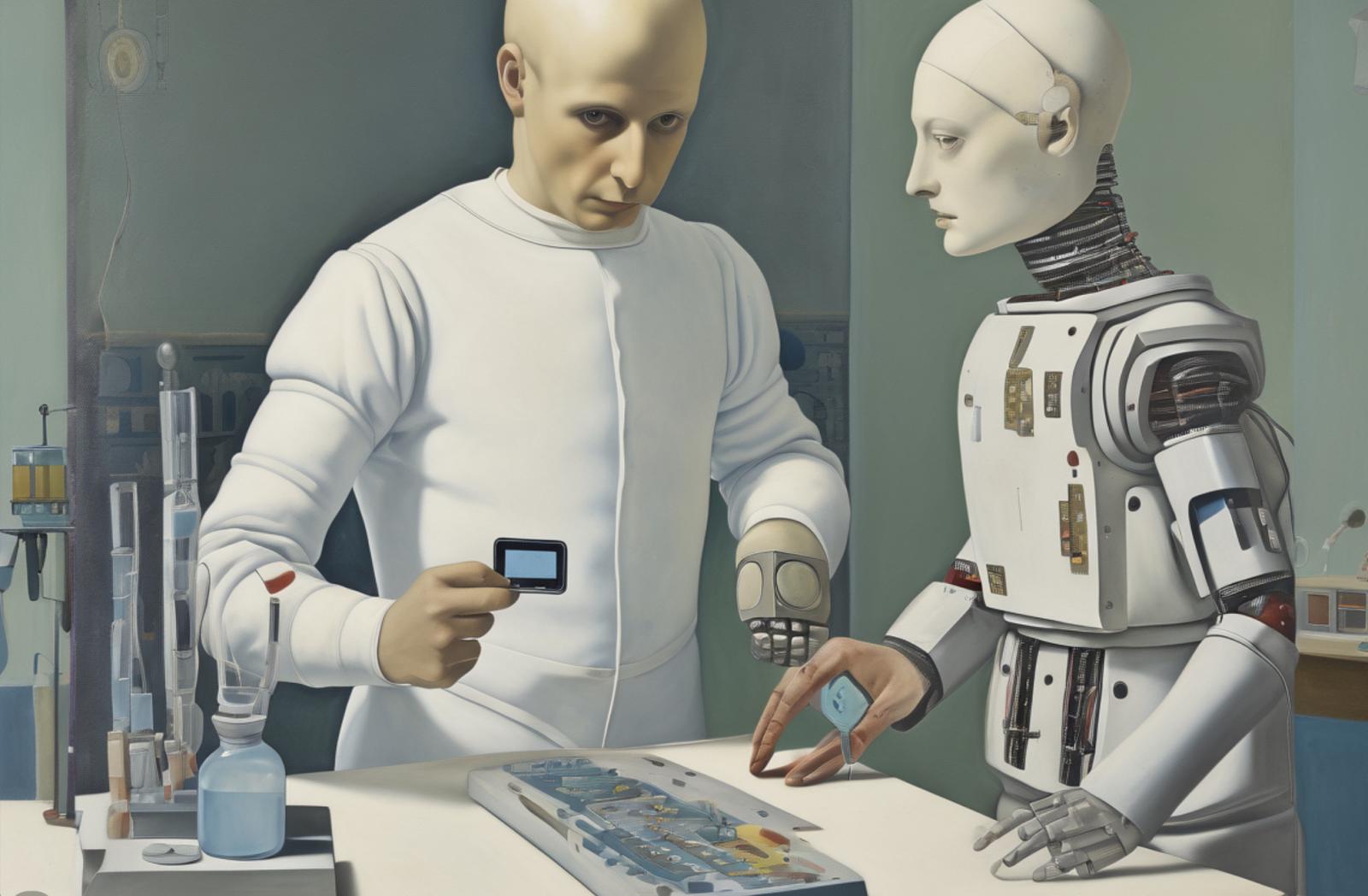Horizon 2020 starts-off with a wave of prime calls and more to follow, over the course of the year. Calls in the 2014 budget alone are worth around €7.8 billion, with funding focused on the three key pillars of Horizon 2020:
- Excellent Science: around €3 billion, including €1.7 billion for grants from the European Research Council for top scientists and €800 million for Marie Skłodowska-Curie fellowships for younger researchers (see MEMO/13/1123).
- Industrial Leadership: €1.8 billion to support Europe's industrial leadership in areas like ICT, nanotechnologies, advanced manufacturing, robotics, biotechnologies and space.
- Societal Challenges: €2.8 billion for innovative projects addressing Horizon 2020's seven societal challenges, broadly: health; agriculture, maritime and bio-economy; energy; transport; climate action, environment, resource efficiency and raw materials; reflective societies; and security.
As the European Commissioner Marie Geoghegan-Quinn explained in the final announcement, €15 billion will be allocated in the next two years. "This is funding that is sorely needed… by researchers who, in many countries, are finding national science budgets squeezed and little money available for pan-European collaboration". And she added: "We are asking for new ideas, such as larger batteries for the cars of the future, diets to fight malnutrition in elderly people, and other important challenges that concern climate, environment, energy, aging, innovation and development”. But it will not be “a piece of cake”, since the competion is going to be fierce: "Only the quickest out of the blocks - and the fittest - will have a chance of securing funding in this first round".
Horizon 2020 brought in many news in respect to the 7th Framework Programme, starting from less bureaucratic rules and a simpler participant portal. Very important, according to Fabio Donato (University of Ferrara), Italian delegate of SC6, will be the new rules for winning projects: “whilst in the 7th Framework Programme there was one topic, one call and one winning project, now it will be one topic and one call, but with many winners. This is a fundamental change, since who already won in the 7th Framework Programme plays ahead all the other ones; in this way the competition is also open to others, not less worthy.” Almost all calls, then, will have at least two winners.
Announced on December 11, the prime calls are organized around topics that somehow show the European Commission’s interpretation of the crisis and its strategy to overcome it. A decisive role is played by firms (also small ones) that innovate in the biomedical field, ICT (€700 million in 2014), nano-bio-technologic (€500 million in 2014) and space (€128 million in 2014). Basic research can count above all on the funds (increased in respect to the 7th Framework Programme: €1 billion and 662 million in 2014) allocated by the European Research Council. But for the “Excellent Science” pillar, 2014 reserves also €800 million to Marie Sklodowska-Curie career programmes, €200 million for Future and Emerging Technologies (FET) and €277 million to European Research Infrastructures. There is then the Societal Challenges, where calls invite to find solutions for population’s aging challenges, unemployment, increasing gap between rich and poor people and the climatic-ecological crisis that is striking our planet together with the economic one. The most funded calls can be found here: personalising health and care (budget 2014: €549 million), mobility for growth (€375 million), competitive low carbon energy (€359 million), sustainable food security (€138 million), blue growth - unlocking the potential for seas and oceans (€100 million), energy efficiency (€98 million), smart cities and communities (€92 million) and, then, waste and water management, disaster resilience, digital security and overcoming the crisis.
(Here is a description of the first calls and here the complete list of the calls)
Award criteria are always the same: excellence (i.e. clarity of the objectives; soundness of the concepts, including trans-disciplinary considerations; credibility of the proposed approach; progresses beyond the state of the art), impact (i.e. enhancing innovation capacity and new knowledge integration; strengthening firms’ competitiveness and growth; effectively communicating, disseminating and/or exploiting the project results of the proposed measures and appropriately managing the IPR); and quality (i.e. coherence and effectiveness of the work plan, including appropriateness of the task and resource allocation; competences, experience and complementarity of the individual participants, as well as the consortium as a whole; appropriateness of the management structures and procedures, including risk management).
The Italian touch
The
Italian contribute to these calls especially regarded cultural heritage’s
preservation, that the Italian delegates – non without harsh fights – managed
to add both to the Industrial Leadership and Societal Challenges pillars (for a
total of €24 million). In particular, thanks to the Italian delegates, in
Societal Challenges under the voice "smart cities" there are also history,
culture and cultural heritage, instead of ecology only. Luigi Perisich of
Confindustria acknowledges that, at least for this chapter, the Italian team played
quite well: “We managed to add the concept of culture and cultural heritage to
the European projects, that are usually more technical. And we can say that we
planned ahead for Horizon by developing the EPOC_2 platform for cultural
heritage, well integrating these themes in the smart cities design". And
once again thanks to the Italian contribute, the theme "Inclusive,
innovative and reflective societies" has been added to “Societal
challenges” in regard to political themes for overcoming the crisis in the
European political Union (EURO-call), themes on unemployment, mobility and
youngsters’ education (YOUNG call), themes on European cultural heritage, communication
and European social platform (REFLECTIVE call), encouragement to scientific
collaboration with non-European countries (Africa, Middle East and Easter
Europe; INT call) and transversal open innovation, science 2.0 and ICT for
learning and social inclusion.



